|
7/30/2022 Editor's RemarksJoe Lodge CC
Freud tells us that looks or words can "stab us in the heart" or feel like a "blow to the face." You might not know it by how comfortable we've become treating one another so callously in both our online and real world spaces and exchanges. Such has been the calling of this journal really, a warmer abode, that lion and lamb might share the same bit of grass a while, no teeth bared, no harm done. Just a little bit of well placed and tender understanding. To stand under someone, Michael Eigen says, is to make them feel truly taken in. To humble ourselves to ground. Have you ever gotten on the ground with someone, to be better heard? I have. It was so long ago but still fresh in my mind. I was a young activist in Occupy Wall Street and a friend was being ganged up on and shamed by fellow activists for mishandling a resource situation. She crumpled to the floor, staring off in the distance, and everyone was towering over her, literally talking down to her. Even the mediators, whose purpose was to help diffuse the situation, stayed towering above her. So, I got on the floor with her. And I spoke gently, eye to eye, soul to soul in the midst of utter group chaos and dysfunction. I don't remember what I said but I do remember my words getting through. And I remember the moment, a talism I carry, to remind me that some things are better said from just below the place a person can hear. On the floor, heart to heart, eye to eye. I hoped I could carve out a space in the wide oak tree of our respective communities for heart to be heard, held, and respected. Do I think everyone ought to be heard? To a point, I do. Of course there is no place for hate or wish to harm, but for complication, well, who among us does that shoe not fit? I take it for granted that all we gathered here do not think alike. But we come together to make a special kind of music out of our differences, and that music makes this place very special. You all are special to me. There have not, in my life, been many places like this one. Places where every story is valued, every voice a voice worth receiving, tone and timbre, howl or quiver. My sense is the work we do here, connecting with each other on a deeper register, matters in a way that's a bit beyond words. It's a feeling, I guess. A feeling you might get had you had the right kind of home (do any of us ever) or not had far too much bad crowding out the good in a life. If there's any constant that connects us universally it's that we're all sensitive beings who are vulnerable to devastation and breakage. People do not always get on the ground with us. Quite often they tower above us. Or worse. Marilyn Charles writes that "our resistance to encountering such devastation invites us to distance ourselves from precisely those individuals most in need of affirming common human connections." Isn't that something? The very thing that most ties us together as vulnerable beings is that we are all bound for devastation, and yet we often look the other way. It pains us to see the pain of others. But it is they who are most in need of human reaffirming. What we are willing to give, and to whom? How much and for how long? One of the many gifts of art, I suppose, is its ability to hold our gaze of pain without recoil. Perhaps it's but a temporary fix for what we so often fail to be for one another. What Ofra Eshel calls a withness and Michael Eigen an under-stander. Someone who will get on the ground with you. It's good to be that for someone. It's good for someone to be that for you. Most of us go without it most of our lives. And so it can be easy to believe it might be there's nowhere in this world you actually belong, or will be safe and well received. Charles, again writes of "the little child who was bullied so mercilessly that not-eating became a way of being sufficiently light to float through her life without the burdens of disdain and isolation she had been carrying - that that little child might perhaps [one day live in a world] in which failure is not inevitable." For some, not believing there can be such a place never really felt like much of a choice at all, it's just the way things were. I know I once was one of those who did not believe. Much around us pulls us away from each other. And why not? Life is hard enough. We can't save the world. It's just too hard to tend to everyone's pain. No one's asking you to take it all on alone. But I have seen miracles happen in places where they should not have. Kindness in the wilderness. We're all in the wilderness. Who will be that for me? We might ask. I'm sure you've been for yourself many times over what no one else would be. It's that that opens us. We start at home base and then we go wide. Widening the scope, Charles writes that "when social forces eliminate the subject, narrating the life story becomes a way of affirming not merely one's being, but also one's essential humanity... To find the rhythm or pattern that might invite us back into a shared common humanity in which we are not constantly at risk of being rejected and discarded... In a place where meaning can be both marked and held." Marked and held. Takes your breath away, doesn't it? To have our story marked and held. To be taken seriously, kindly, truly. To find that "respectful ear upon which the words can register, [because] how easily a story can become dislodged in the hands of an unempathic observer." It might be the tools at our disposal would rather us dispose of one another instead. But we are not our tools, you and I. Here we are, after all, gathering together on a deeper register. Picture it with me, we're all sitting cross legged underneath that wide oak, standing-under, just telling our stories. No one standing above the other. You can hear it, can't you? That song. "There is something in us that gives witness to the real thing," writes Eigen. What if we were to invite the best from each other, rather than, as is so often the case these days, inviting reactivity, resentment and resistance. "To listen sufficiently respectfully to the other to see what they or we might be missing that might add to our shared understanding," writes Charles. I have come to firmly believe that most of our missed-moments with one another might have been avoided had we just gotten on the ground with someone. I mess this one up constantly. But then I remember, all those years ago, not the words that were said to my friend collapsed on the floor in shame, but the gesture that helped make the unsaid sayable. Bearable. I want to learn how to do more of that. It's a very cold world. Any place we can find our warmth is a tabernacle worth returning to. Tending to. Such are the words you have given us. Such is the place we have together built. I've been blessed to learn from you all. To receive and be received. It's all anyone wants. Much more of that, may we? In any small way we are able. Let us be able. As Miguel de Unamuno so lovingly puts it "Warmth, warmth, more warmth! for we are dying of cold and not of darkness. It is not the night that kills, but the frost." Yes. Warmth. More warmth. Till we gather here again... May we find and continue that warmth through each other in any way that we are able. And may we not look away. James Diaz Founding Editor Anti-Heroin Chic 7/30/2022 Featured Poet: Karen KeefeDr. Matthias Ripp CC When Helpless Find the Ground How long have I been sitting here held upright by this tree? The sky breaks open. rain, fierce and intense, hides the tears on my face. His phone call demanding money has put me on the ground. Telling me no food no place to stay no way to come home. I tell him I love him. But cannot send money. I torment us both with a litany of questions. Is he with other people when he is using? Do they have Naloxone? Will he consider going to treatment? A plane ticket home? He hangs up screaming he just needs money I am a shitty mother I have abandoned him. I finally go in the house not to sit by the window but to lie on the floor and remember moonlight on my baby’s face singing a lullaby to comfort him. I breathe deep long for a draught of forgetting the other memories. Bottles of medication strewn across the floor his hand open and reaching just above the pills. The smile, a redirection on his face, “Mom, don’t you need to go downstairs right now?” My hand closing around a cane, what I almost did. Splinters reach up from the floor swirl harsh tendrils in my hair reach across my chest in a corseting embrace. I am undone and bound. No lullaby exists to chase this nightmare away. Please Let Me Park the Car before You Jump Out and Run Away But you don’t. I am sitting on the curb next to my car, planted where your feet hit the ground. Breathless, after we round the corner at 20 miles an hour. You keep shouting at me and jump out, “Fine, see if I care if I ever see you again Mom.” You leap out and leave me in a universe to the right of where you now reside. I cannot follow without a ticket and there is no map. I do finally get that. No map No guide No magic decoder ring No breadcrumbs or string to follow No you to find No Mom No breath No way to understand What Is Happening Or Why Or when this fire will stop burning In my chest In your brain. When the winds and ash settle in the rain of our tears, I am afraid these voices howling in the wind will continue well past the end of time falling between our universes. I can see in your eyes I am dead to you. I mean really, I am dead to you. This monster is reflected back. What speed do I need to reach to hyper-jump dimensions and land in the rocks, you live by? I want to see you again. My memories relace my hiking boots and I step over this curb and start to climb those rocks. I eat my memories, not of today, but ones that can sustain me: Ah child, for me you live sitting on my lap. We hide behind blankie, and you really do believe no one can see your shining head or hear you laugh. Can I tune the vibration of your laughter? Can we find each other back in time and now sit down on this curb together? If I promise to be quiet and still, can we agree to excavate the chasm open between us? Life in Dark Time I am always waiting for that phone call. The one where my stories: how your auburn hair glows in the sunlight, how it moves in the wind. Those stories will be of no consequence, be unnecessary, a waste of the caller’s time. So, I keep a picture of your tattoo in my wallet, convinced the day is coming. I will need to send a fax or email far away where you will finally rest on a cold slab. You far away from my final embrace but still found the outcome of this dark time known at last at all. If I get to do that to send that transmission I will finally have one instant of mercy. You let yourself be found. In that moment I will know you are no longer alone and afraid alone and high alone and daring alone and doing what I cannot bear to know about you. Alone and dying. At night my skin crawls with the agony of not knowing. I dare too. Pray for you to come back to me pray to see you smile pray you are not alone and there is for each of us at least one desperate mercy. I practice the moment I dread but need and look at that picture until I see you just born. We are bathed in dawn’s light look into each other’s blue eyes. Time and delusion fall I reach out to now claim all you are as mine. 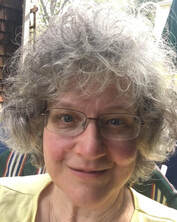 Karen Keefe (she, her) is now retired from international education, though her heart is scattered throughout the world with friends who have gifted her with humility, deeper perspective, honesty, and love. She earned a BA in rhetoric and creative writing from Binghamton University (Harpur College). She also holds a MA in Student Affairs with Diversity. She was one of the editors of The Parlor City Review and published in Anima. She lives in Vestal, NY, with her husband, the writer, Robert Guzikowski. 7/30/2022 Poetry by Tim ModerPhil Roeder CC
Car ferry Keokuk Iowa 1987 Tom, I’m sorry that I stole your car. It was a manual transmission. I never drove a manual transmission before. You made it look easy. When I tried to drive off the car lurched forward into a red buick. Trying again I smashed backwards into a grey Toyota. Before I unlaced the clutch I went through this a few times. A couple of desperate miles down the road a cabbie stopped in the intersection. He got out and started waving his hand above his head like he was washing a huge window. My only thought was “How does he know?” As I floated past he yelled, “Turn on your lights!” Tom, I’m glad you took me fishing for Brook Trout in River Falls where You tried to get me into that halfway house. Thanks for taking me to the symphony with your girlfriend. In my story she doesn’t have a name. I remember her apartment where the two of you cooked dinners for me. I remember there was a small window in the kitchen by the sink. She had Dill, Cilantro and Tarragon, Rosemary, Sage, Parsley and Mint. I can smell them still. You were both so kind. I remember you took me To see The Man Who Fell To Earth. The day I met you I remember Standing in a living room on St. Paul’s lower East side talking on the phone to a guy named Jim M.-(2) In a treatment group when there are two Jim M’s one of you have to be Jim M.-(2) He agreed to pick me up and take me to a meeting. He only smoked a quarter of each cigarette before he put it out and started a new one. A lawyer then. Now a card player. Working it out with his wife or he would have helped me out himself. Took me to get something to eat and gave me a couple bucks. After the meeting he introduced me to you. You agreed to put me up for a while since your roommate was in Israel. I could sleep in his room.I remember reading Isaac Bashevis Singer and sleeping in clean sheets. 18. One day clean. Tom, I’m sorry your girlfriend only lived a couple blocks from you. After dragging me around for two weeks you decided to walk over and spend the night at her place. I’m sorry you left your keys, your wallet and your checkbook. I can tell you which of the boards in your floor creaks when you pace a great circle through the apartment, on repeat. It felt inevitable. At the time. Now it just feels weak. Indecent. Inhuman. Heartbreaking. Fourteen Days Clean. hands arranged at ten and two, both legs moving, palmy with sweat, greasy with nervous, sleepless guilt, flying this craft like the great king from Palenque. The farmers daughter works at KFC. she waits for me Somewhere in Iowa. Through the purposeful fields infested with foxes, I’m anxious for an all-points bulletin, having watched too much TV and read far too little Isaac Bashevis Singer. I almost fell over like a potato bug going around a corner. Fingers swollen from squeezing out the miles. I feel I left them in the car still holding the wheel. I wrote a few bad checks to buy gas, Doritos and cans of sardines. I sold my sisters radio for gas. I sold a stack of Baseball cards that deserve their own headstone. I spent four days high on night, morning, and the shadows in-between. Mississippi river bridges washed over blue lines. There was a ferry somewhere after Keokuk Iowa into Illinois or Missouri on my way toward Louisville. Back and forth on small roads like a drunk fly on a map of America. Fox in the corn More fox in the corn Another fox in the corn Always another fox in the corn Forgive us our trespasses. No one tried to teach me more about forgiveness than the man in Kentucky. Later he used to take groups of troubled teens into the wilderness in Michigan. I would call every three or four years. Get one or the other. The last time I called Terri told me that Kevin had passed the previous year. She added, “But he would have loved to hear from you.” Tom, would you have loved to hear from me? Not everybody does. Kevin talked me into turning myself in. I called you from Kentucky. Sorry I stole your car. A guy from the Federal Bureau of Investigation came to take me in. State lines, bad checks, etc. I think they sent your car back. I got a ten-year stayed sentence, court ordered to my third treatment. Kevin told me that you asked the judge to go easy on me. I played a lot of chess and talked a bunch of nothing with patient old men made mostly of coffee. Eventually I got on a bus and vanished. Today I started reading Isaac Bashevis Singer. 13 years Sober. Tim Moder is member of Lake Superior Writers and The Bad River Band of Lake Superior Chippewa. He is a father and a grandfather. His poems have appeared in The Sinking City Review, The Coachella Review, Paddler Press, South Florida Poetry Journal, and others. His first chapbook All True Heavens was out with Alien Buddha Press in 2022. timmoder.com 7/30/2022 Poetry by Taylor Hamann LosA_Peach CC
Etterath I built a birdhouse on my chest, nails driven into my breastbone, skin puckering and gray at the edges. A work of shoddy craftsmanship, but, oh, I wanted to hear a warbler sing right against my heart. I lined the splintered cedar with dried iris and cattail wisp-- this cradle for a birdling still damp and unformed. But the house and I both remained empty except for a knock and the echo of my own hand, except where wood mites scrawled their field notes all along the walls. Burning Haibun for Scattered Ashes Listen to the river run, the birch dying well before its 50 years, the scraps salmon swallow into their silvered bellies—it’s all for nothing, some would say, but I still asked God to give them a little more time. There was a boy who tried to jump, and when that didn’t work, he found another way—another way to erode like the steep sides of the bank, another place for the restless fireflies to settle, and if last words were roots, they would say, Listen to the river dying the scraps salmon swallow for nothing. Some would say I asked God to jump, and when that didn’t work, he found the steep sides of the bank for the fireflies, last words, roots. Listen—the river dying for nothing, some say. I asked God for roots. Taylor Hamann Los holds an MLIS from UW-Milwaukee and is an MFA student at Lindenwood University. Her poetry has appeared in CLOVES Literary, Split Rock Review, EVOKE, and perhappened, among others. She lives with her husband and two cats in Wisconsin. You can find her on Twitter at @taylorhamannlos or at taylorhamannlos.wordpress.com. 7/30/2022 Poetry by Hilda WeissIvan CC
Before My Mother Died After “ín the desert” by Stephen Crane It is bitter—bitter, said the creature eating its own heart. Ready and hopeful to find the seed in the pit of the fruit, as though it could be blanched, rendered safe, shared, I opened, I asked, Is there anything you want to talk about? We sat crow-legged, my mother & I, intimate near flowing water, near stone on the edge of Tuolumne meadow. The silence between us grew long, a silence of two next to each other listening together hearing the wind, the water, the stone. Hilda Weiss has poetry published or forthcoming in Thimble, The Bookend Review, Spillway, Cultural Weekly, Comstock Review, Salamander, Schuylkill Journal, and Rattle, among others. She has a chapbook, Optimism About Trees (Finishing Line Press), and is the co-founder and curator for www.Poetry.LA, a non-profit group that produces videos of poets in performance, interviews, and other poetry-themed programs. A fourth generation Californian, she grows her own vegetables in a garden full of native California plants in Santa Monica. 7/30/2022 Poetry by Kait QuinnEnoch Leung CC
WROUGHT IRON FENCE TO THE HEART, OR THE SUMMER I LOST MY VIRGINITY I watched The Virgin Suicides every weekend that summer. Wished on each passing plane I mistook for falling meteor—cherry coke and unhooked bras, boys slipping salt hands up my skirt on sandpaper rooftops. I wanted to fill my mouth seraphic with cloud-cream white, rinse my teeth with pink lemonade, baby doll dress and roller skates. I wanted the blanket spread on the football field, storm of sprinklers, limbs dissection splayed. And if I couldn't, I wanted the vermillion choker, lungs carbon monoxide swollen, wrought iron fence to the heart. I never did grow breasts worth uncaging. I disappeared in the sun. Lost my virginity to a high school senior who only wanted me in the backseat of his Honda, wet with sharp sighs and July condensation, a playground parking lot twelve miles from where anyone might find us. Kait Quinn (she/her) was born with salt in her wounds. She flushes the sting of living by writing poetry. Her work has appeared in Reed Magazine, Last Leaves Magazine, Crosswinds Poetry, Chestnut Review, and others. By day, Kait is a legal assistant living in Minneapolis with her partner, their regal cat (Spart), and their very polite Aussie mix (Jesse). 7/30/2022 Poetry by Linda Carney-GoodrichAdrien Millet CC
Praise Be My Body How many times have I told my hands thank you? When I say I love myself, I mean to mean my creaky bones that ache and bend. I mean this skin with its maps and marks. It holds me in, shows where I’ve been. So many times I’ve wanted to shed this body that made me such a home, a church for all the human doings. Thank you, body. I adore you. You fed my three babies, each for a year. How did I ever dare denigrate you? When is the last time I told my neck, I am in awe of you? How well you turn so I can breathe when I swim. When did I last thank my eyes for all their tears, their ways of finding exits. What about elbows? How lucky to have them. How sweet to bend. These legs that carry me. Oh my own delicious thighs. Magnificent feet hold weight, carry me in all directions. Thank you, feet. Thank you voice and belly and back that has been both beast and bridge . I know you hurt. How I love you and your spine that holds me upright. Body, I have hid in you before. Body, I have denied you, spent weeks and month and years flaying away at you. Show me what hurts. I will listen to your pain. Take up all the space you need. I will take you to our favorite places, the woods and the beach, the town pool where my children laugh and joy lights their faces, where I jump in and race the lifeguards, where I slowly exhale all my air, lie on my back at the bottom of the pool without moving. When I finally come up for air and my kids gather round saying mama, how’d you do that? All you do is let out all your air and let your body drop. It’s easy. I tell them. Let me show you. Linda Carney-Goodrich is a Boston based writer and teacher. Her work has been published in the Muddy River Poetry Review, Literary Mama, WordGathering, Gyroscope Review, and in City of Notions: An Anthology of Contemporary Boston Poems. Her poems have been displayed on the walls of Boston City Hall as part of the annual Boston Mayor's Poetry Program selected by the Boston Poet Laureate. 7/30/2022 Poetry by Javier SandovalPaul K CC
A Breath of Grace Ray Ray and Feather’ve moved from their tent inside Angel’s yard into Teddy’s spare room—Teddy’s the one who gave them that bigass tent in the first place, after seeing their small, gashed-up one, slumped beneath Angel’s tall and leaning pines. Now he’s told them come on in, he’ll drive them to Tyson, get them jobs deboning chickens-- $15 an hour, as good as it gets, as good as Target—especially since Target won’t hire people like them . . . But Lord, this is gonna bring us all nothing but trouble . . . Ray Ray’d asked what I thought before moving in their mattress and duffel-- told him, Terrible idea, Terrible. Ted and Ray are always arguing, bout the quality of the stuff Ray hocks for him, bout the money Ray owes to him—to me—to Angel. Feather kept quiet . . . She can stand Ray arguing with another man, even getting the shit kicked out of his all-bone breast, if it means she can color inside with AC-- instead of 90 degrees. Apparently, since moving in Ray Ray’s had to lock their door every night-- Teddy marches in his sleep, his old Marine routine, going Hup Hup, thrusting his rifle up at the roof. Feather tried bringing in a dresser they’d found on the street, but Teddy said no cause it might have spirits, made them haul it to the side of the road by the trash can no one ever bothers to roll back in. I try to leave them alone, paranoid bout more trouble with the law—and why carry on with a gun-toting, war-torn veteran more than he asks of you? With a scheming loco chicken who calls me his friend only when he’s bout to stack his debt with me? But my dumbass keeps peeking in when I hear them arguing, like that missing hundred rack that was thumbtacked to Teddy’s wall: Teddy, man, you check your fridge? Then of course, Well damn! There it is! My lady grabs at me, Don’t get involved, when they start swinging fists on their front lawn-- but still I run off our porch toward them with open arms, going Everybody just chill . . . and offering them smokes from my new pack of Kool cigarettes. Puffing, we all take a deep, gray breath . . . Till Teddy scoffs at Ray, Soon as I’m done, I’m back to stomping your bony chest. Well I say, Thank God there’s a whole pack here then. Ray Ray chuckles, Atta boy, Jav. Thank God. And even Teddy laughs, and nods, Sure . . . Thank God . . . Lord, until this pack’s gone . . . Thank God . . . Thank God . . . Javier Sandoval was born in Mexico’s Chihuahuan Desert but later grew up in Texas (falling for its blues music) and in North Carolina (living in a shelter for three years). After building a startup invested in by Microsoft, he studied Comp Sci and Lit Arts at Brown University on its full-ride Leadership Endowed Award, co-authored “2 Billion Under 20” (St. Martin’s Press), and published his first book of fiction, a literary gang-thriller, “Cicada, Ladybug” (Thought Catalog Books). He is now pursuing an MFA in Creative Writing at the University of Alabama. 7/30/2022 Poetry by Bradley DavidCarly Jane Casper CC
Some People Watch The Drinking Bird Go Dry I haven’t seen her for a year, my mother, calling me from the harbor. Watching a floatplane spade billowing furrows of water. It’s headed straight for you! A Tiger-shark grin with a propeller bent on revenge! I might have said, but she’s eavesdropping on a couple seated at the edge of the end. So entrenched in divorce they can’t even see the lake, she might have said, but I’m mourning an old trout and blending the color of an old bench. Farm-budget-green seat, smoothed by the denim of love and loss. I can't tell where the ears of its paint chips begin or the mouths of its stories end. She has so much ocean she can’t even see its edges. I’d ask her to describe the far shore, but ends are the kinds of things I catch her trying to ignore. I wish she’d send me a starter kit: Glass cylinder of glittering water, hygroscopic salt for this droughted city seeding. A drop of hope to inoculate a bucket in this faceless penny desert fountain. This skittish desire of bone-dry coyotes. Oasis for cactus bees so thirsty their striped spiracles look like empty bladders of closet-floor purses. I’m listening to myself wanting water when, all of a sudden, she tells me the time between her and her mother is closing. Bradley David's poetry, fiction, essays, and hybrid works appear in Terrain, Plainsongs, Exacting Clam, Stone of Madness, Fruit Journal, and others. New work is forthcoming in Allium, Always Crashing, Unstamatic, and the museum of americana. His work can be found at linktr.ee/bradleydavid. On Twitter @strangecamera and on Instagram @mystrangecamera. When not attending to his coop of rescue birds, he is putting the finishing touches on his first banned book. 7/30/2022 Poetry by Stephanie LaterzaCarly Jane Casper CC
Más allá How close they come to each other harina, arena when grinding between fingertips lard-lubed to make masa whenever she decides whenever she needs to make sense of anything before anyone wakes to ask her for everything Abuelita did it so many times she had to have awoken on enough Sunday mornings to fill a century and then six more years with half spent with her belly full of one child after another because she had no counsel other than the priests who told her to remember her obligation to her husband who my mother said worshipped her like the Virgin Mary whose heart was only sacred because it was surrounded by a crown of thorns, erect, and carved of meat and bone, it was said he couldn’t help himself so she let him in at least fifteen times. Thirteen survived and the priests said she should be grateful even when years later she declared what had happened to her was the real sin, every time having to carry another medicine ball for nine months and to bite her tongue, spreading her chamber open to him whenever he wanted, and especially when he apologized before entering and afterwards He let her have her Mass time to herself he explained to the brood on Sundays which they cited as proof he was an indulgent husband and father and afterwards she made masa from harina like arena rubbing it with lard until it came together with saltwater, wrinkled like cortexes, squeezing the mass between her fingers before gathering it between her hands, then raising it in her honey sun-flooded kitchen before molding half suns filled with cheese and fork-pleated with uniform rays crisped to golden perfection. How much masa did she make after she lost one she wanted during the trial over her house when her husband’s brother demanded it, but lost. But how many times must a woman testify just to prove what’s hers in my aunt’s cramped kitchen in Sunnyside she showed me how to make my own masa and to listen to the contra tiempo of my heart that would collapse so many times till I learned, as she did, that the longer you live the longer you lose. Tas, tas mas, mas no mas y más allá Everything (Pantoum) Plenty folks would say my father didn’t teach me nothin’ I needed in a western world when what is west- a destination driven by fear of stone-deaf fathers charioting suns, all the while tempting crowned virions. I needed in a western world when what is west- the position of the fridge when he never drove, charioting suns, all the while tempting crowned virions to prove how road becomes metaphor on sale. He swore the position of the fridge should stay west and he never drove. Keeping it full of bread, milk, and cold canned fruit was everything, not proving how road becomes metaphor on sale. He swore raw garlic with lemon, salt rinses and boosters would keep me alive. Keeping the fridge full of bread, milk, and cold canned fruit was everything. Plenty folks would say my father didn’t teach me nothin’ but raw garlic with lemon, salt rinses and boosters keep me alive. Plenty folks should know my father didn’t teach me nothing. Stephanie Laterza is the author of poetry chapbook, The Psyche Trials (Finishing Line Press, 2019) and a SU-CASA 2018 award recipient from the Brooklyn Arts Council. Stephanie’s work has appeared in L'Éphémère Review, A Gathering of the Tribes, Newtown Literary, Literary Mama, The Nottingham Review, Akashic Books, Obra/Artifact, Latina Outsiders, Raising Mothers, and most recently in the anthology, I Wanna Be Loved By You: Poems on Marilyn Monroe (Milk and Cake Press, 2022). |
AuthorWrite something about yourself. No need to be fancy, just an overview. Archives
April 2024
Categories |
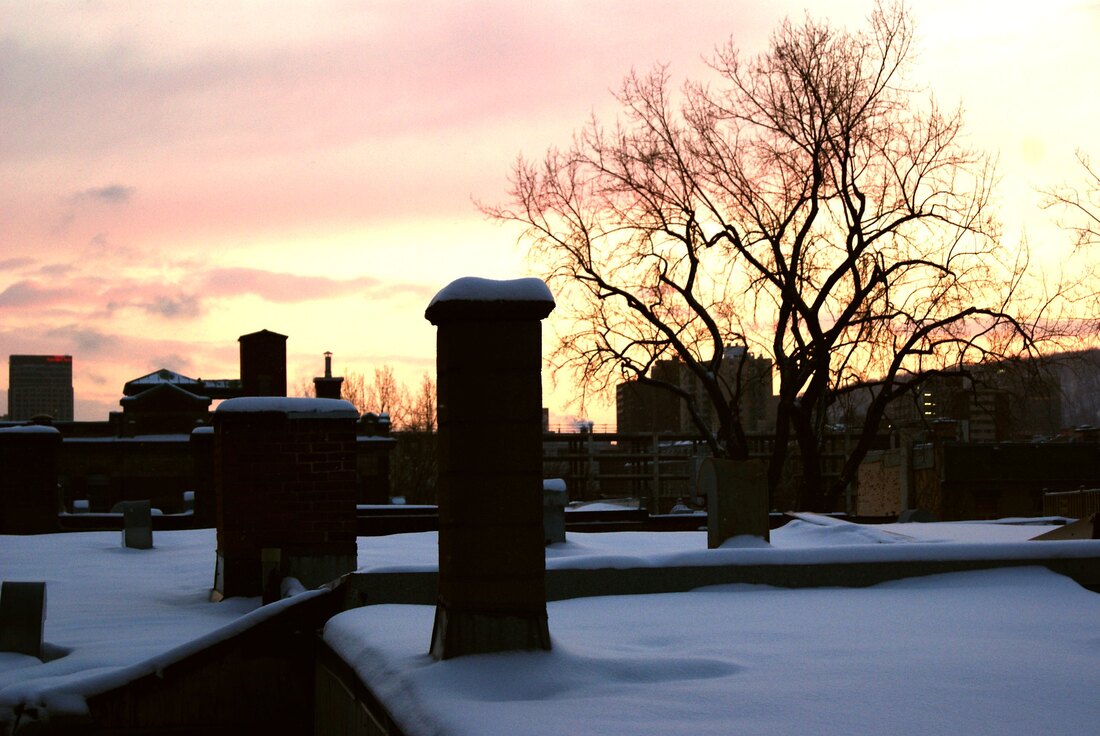
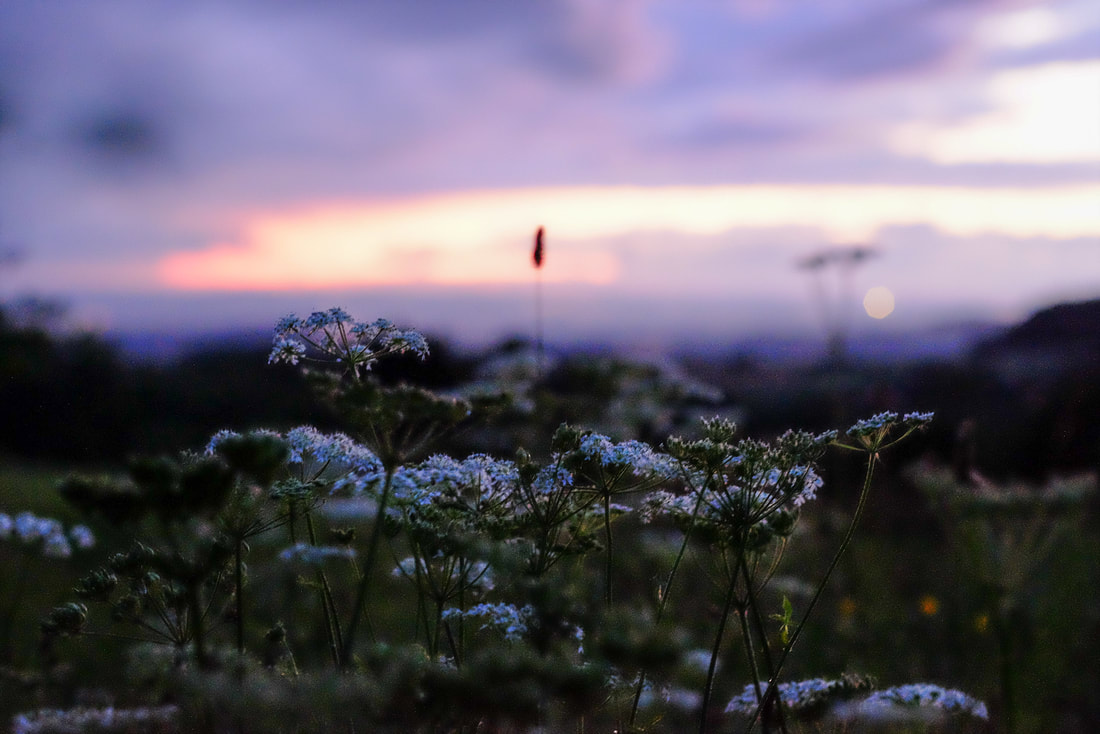
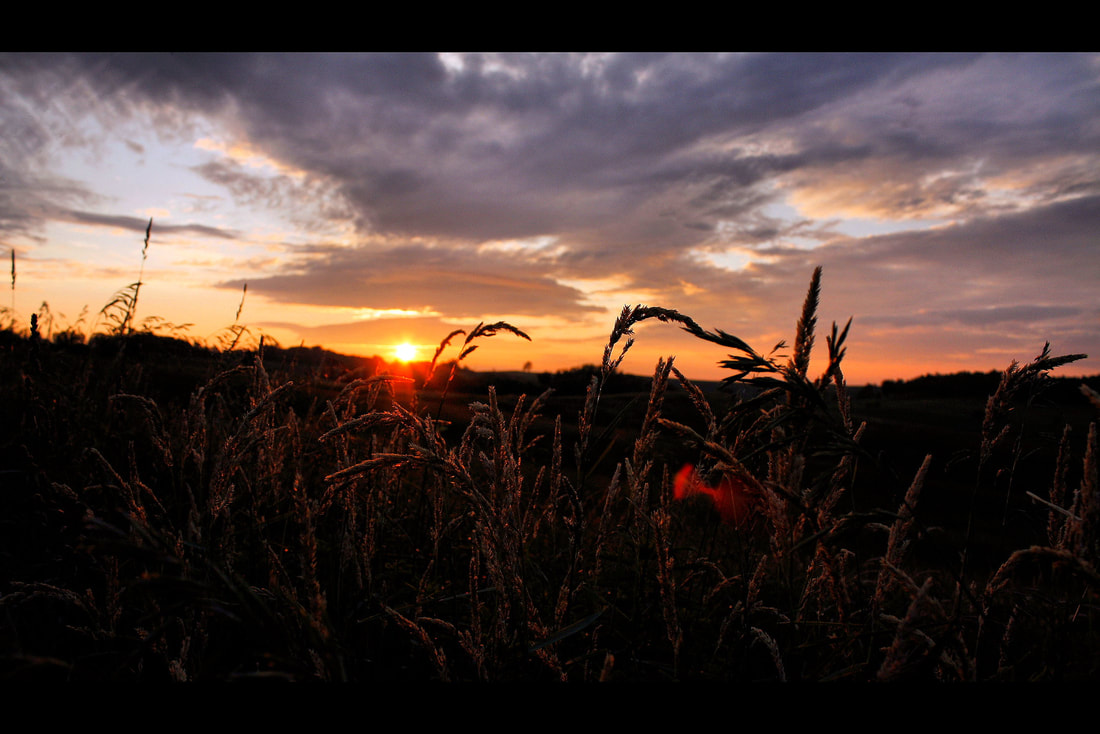
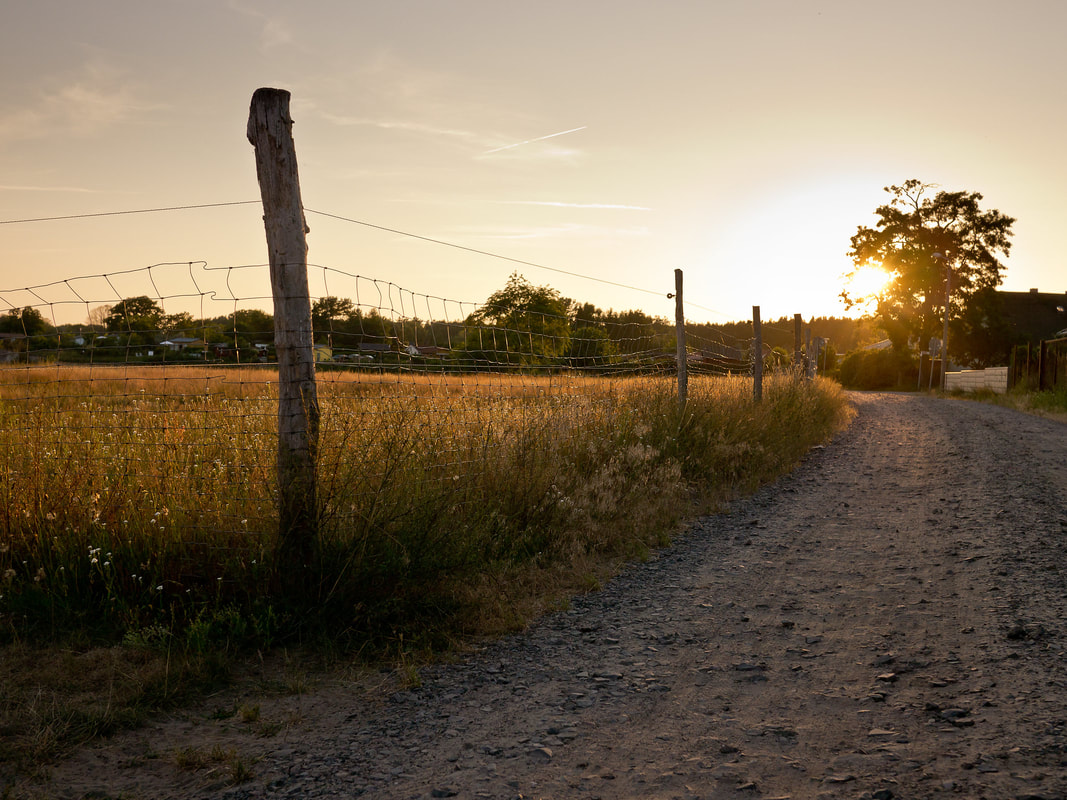


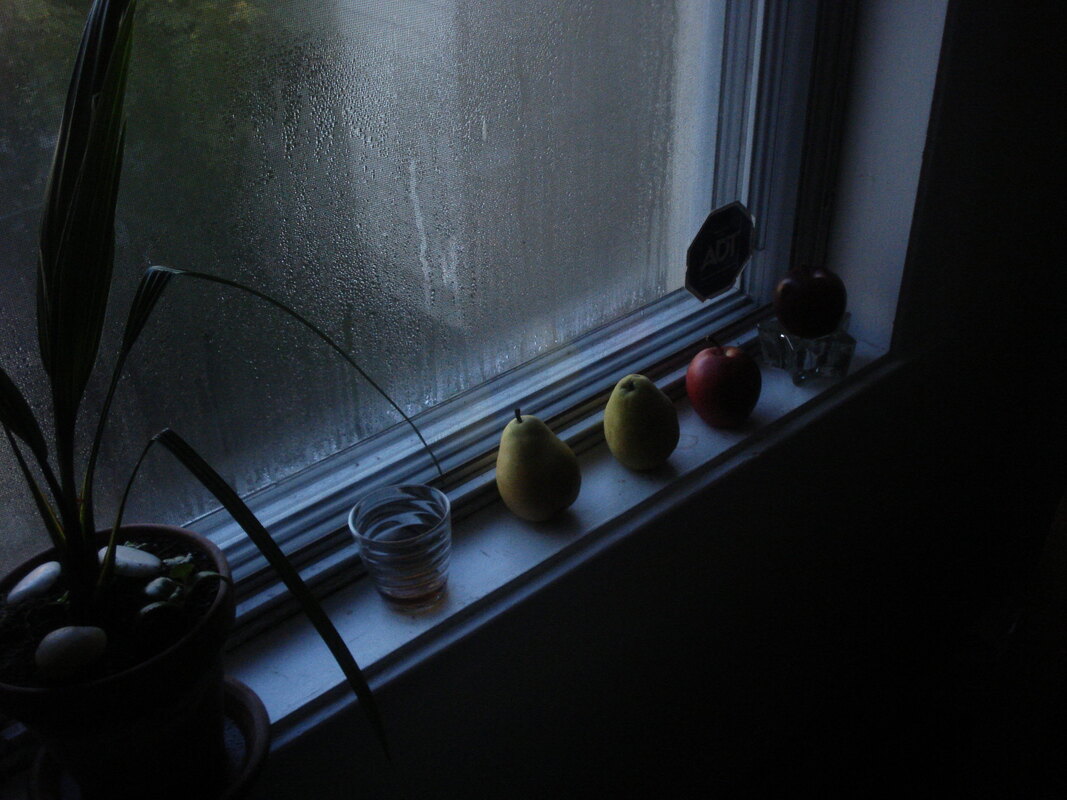
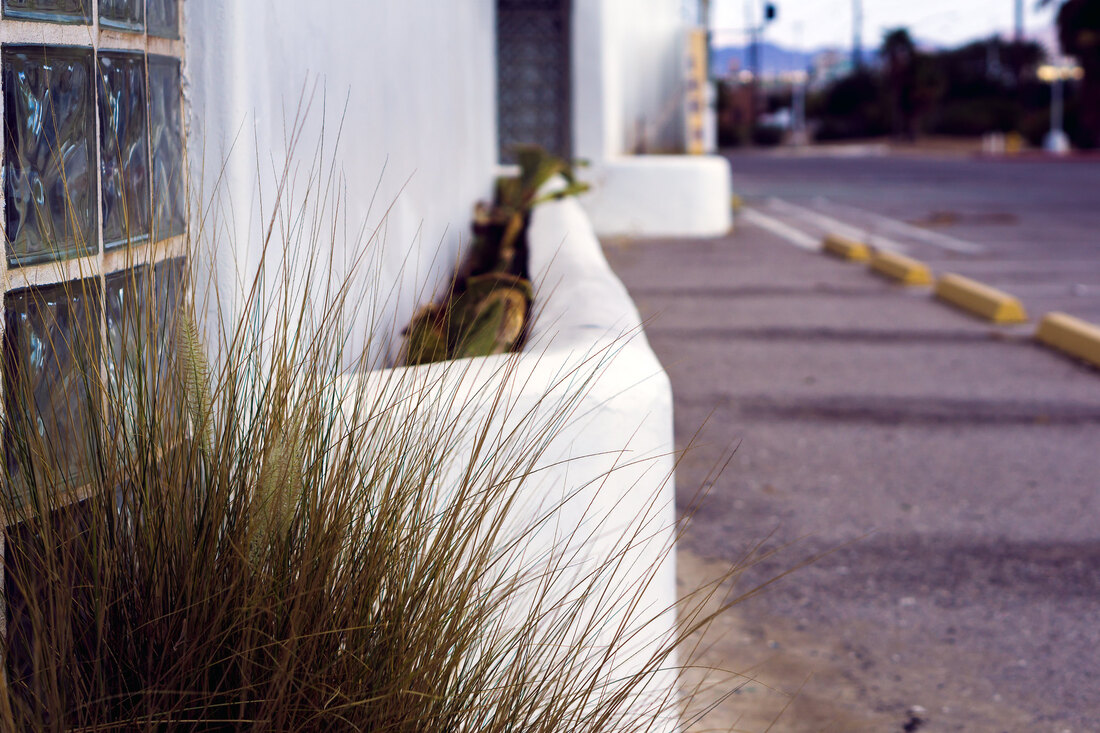

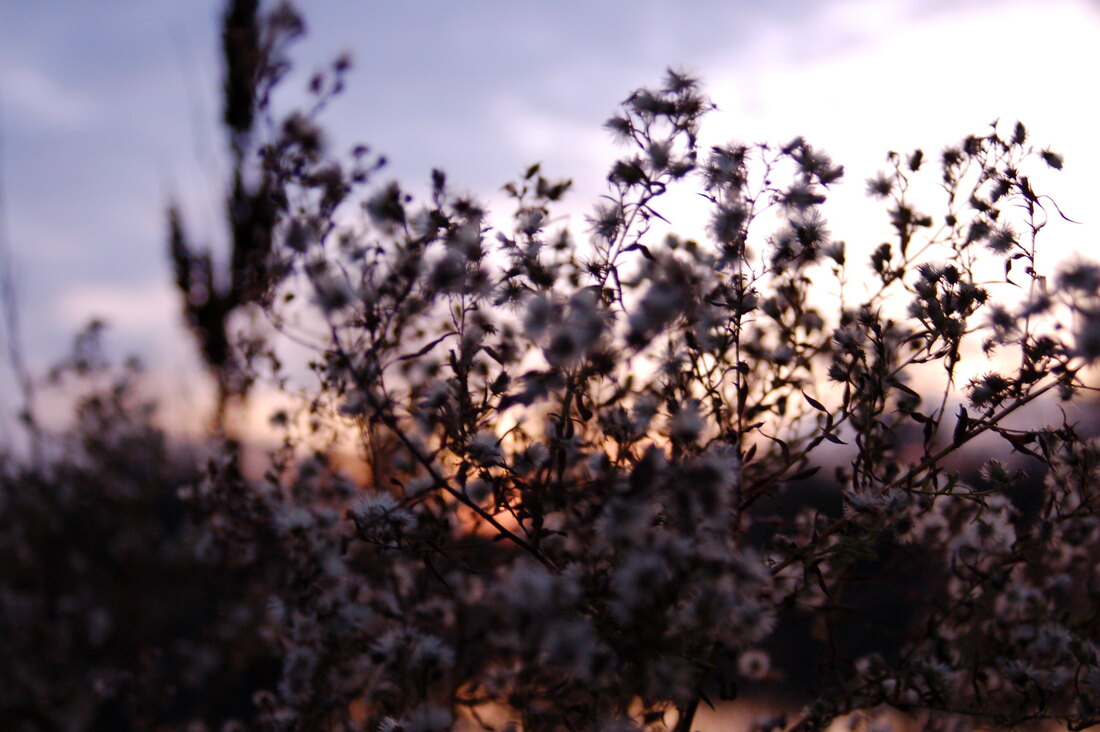
 RSS Feed
RSS Feed
